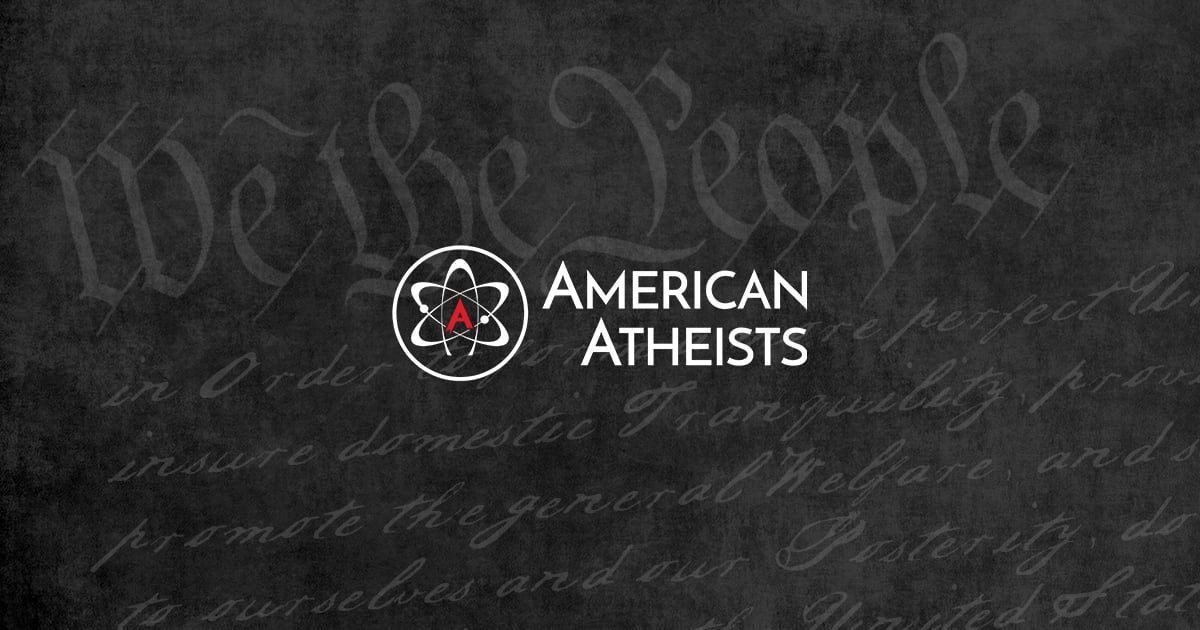Monad Portal
Was it me?
no.Organized religion is all about control. Stray from the company line and you’re branded an outsider. Or worse yet, a heretic of some sort.
Unlike church dogma that theists follow, atheists aren’t “trained” in anything. Most, like myself, come to their conclusions about gods, especially the Christian god, after considerable study and introspection. Very much different than those who are indoctrinated into a particular religion before they are old enough to think on their own.
You’re a Christian, right? That’s because you were born in a Christian setting. You’d be Muslim or Jewish or whatever being born in those environments. It’s no coincidence that one’s religion is almost always defined on their place of birth.
I believe a rationalist analysis of the texts reveals christianity as obejectively morality superior.
but I'm also a Buddhist.
we can into it if you want.




